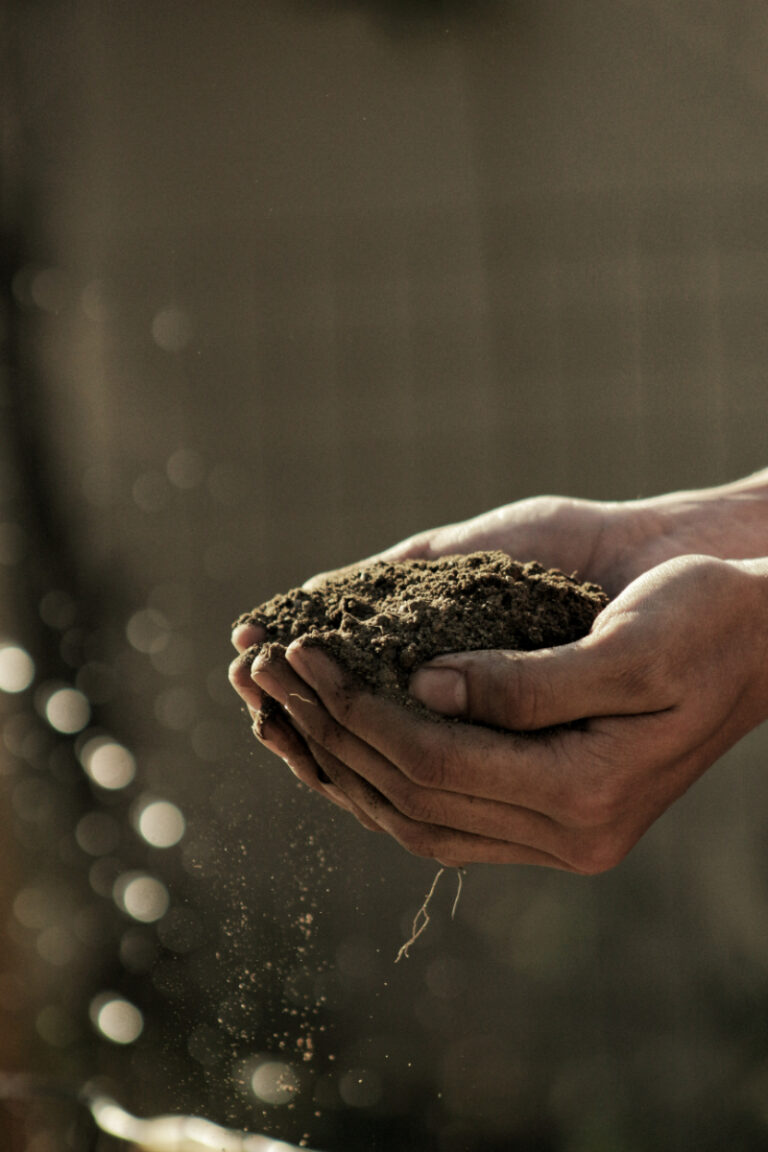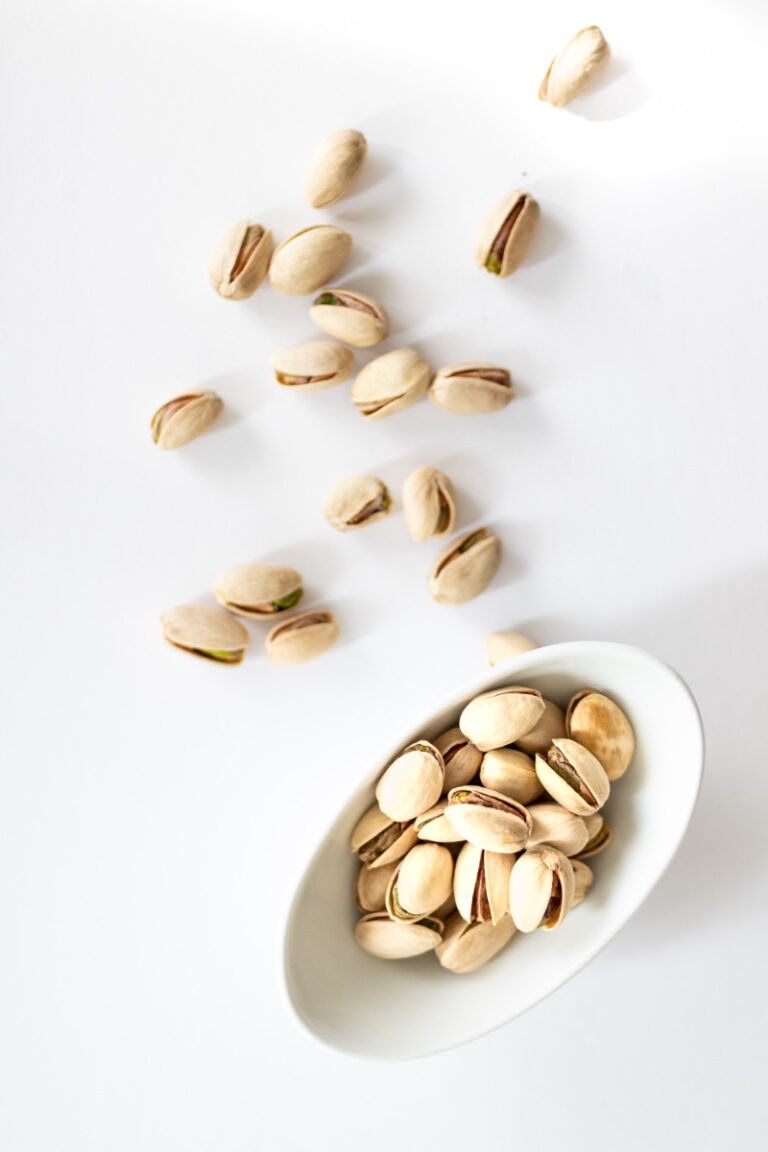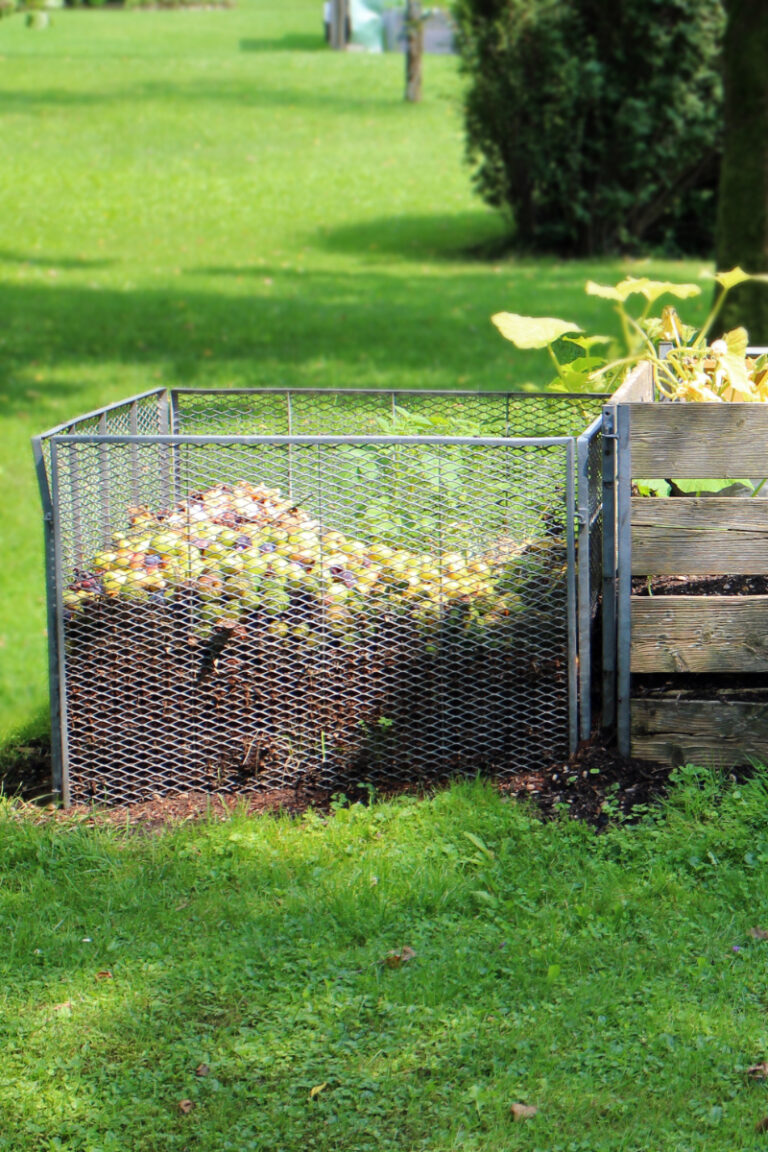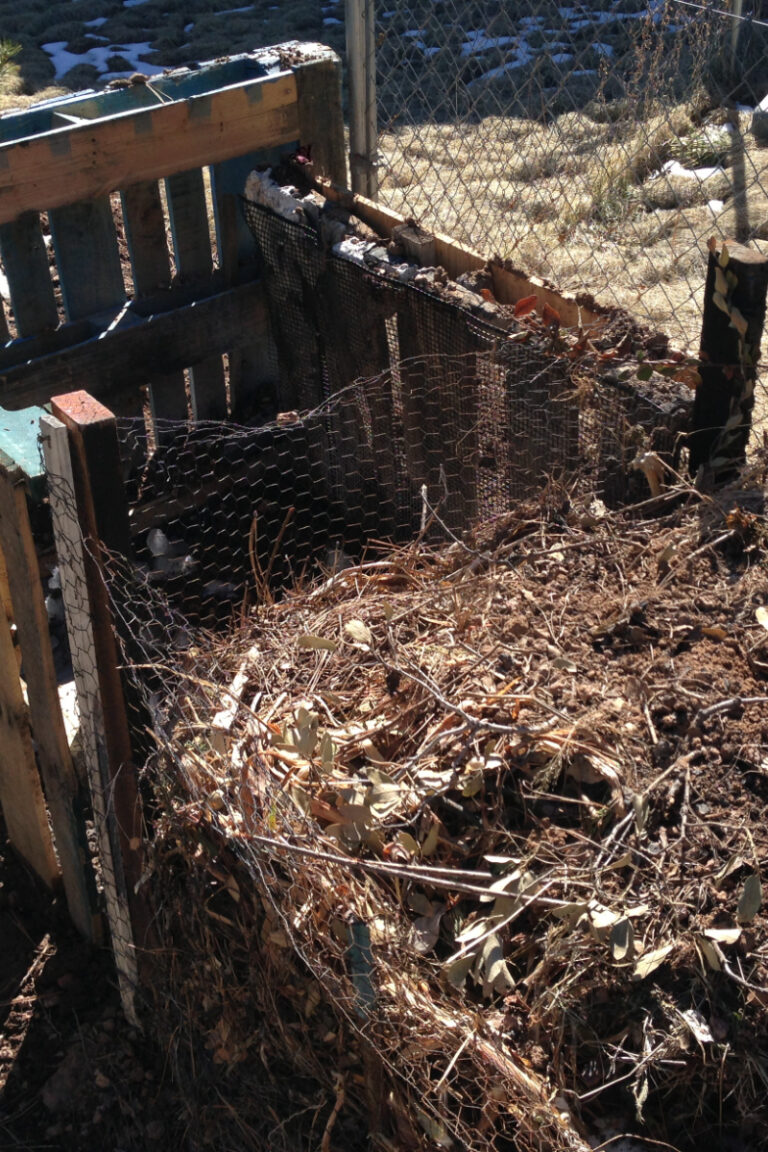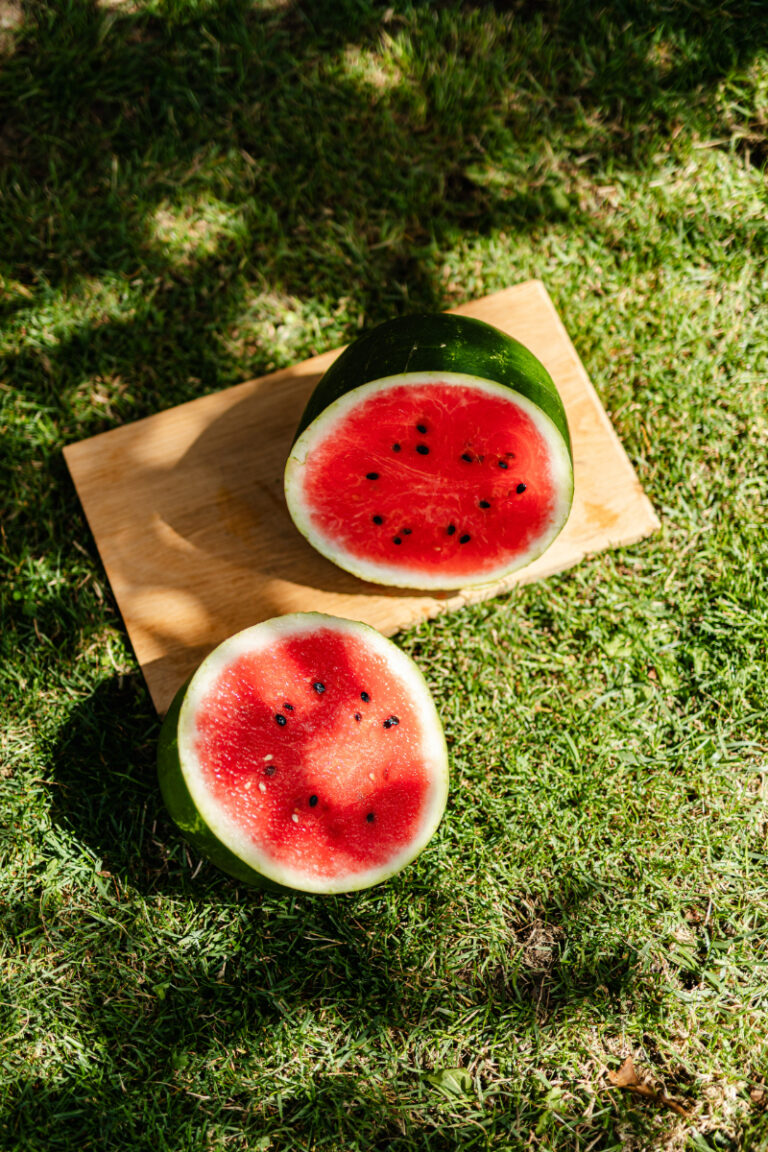Revealed: Can You Compost Limes & Citrus?
Composting is a natural process that turns organic material into a nutrient-rich soil conditioner. It is an excellent way to recycle kitchen and garden waste, reducing the amount of waste going to landfills while benefiting gardens and landscapes.
Composting not only contributes to a sustainable environment by reducing methane emissions from landfills but also enriches the soil by providing essential nutrients for plant growth.
The beauty of composting is that it can be done at home, at minimal cost, and with various household materials. From vegetable scraps to coffee grounds, a wide range of organic waste can be composted.
But when it comes to composting certain items, such as citrus fruits like limes, there are conflicting opinions. This guide will explore whether you can compost limes, the pros and cons of doing so, and best practices for composting these tangy fruits.
Composting Limes: The Pros, Cons, and Best Practices Explained

Understanding What Can Be Composted
Before delving into the specifics of composting limes, it’s crucial to have a solid understanding of what generally can be composted. Composting is a natural process where organic materials decompose under favorable conditions, eventually turning into a rich, dark substance known as compost or “black gold” among gardeners.
Compostable materials are typically divided into two categories: green and brown. Green materials are rich in nitrogen and include items like fruit and vegetable scraps, coffee grounds, fresh grass clippings, and plant cuttings.
These materials help to speed up the decomposition process. Brown materials, on the other hand, are rich in carbon and include items like dried leaves, twigs, paper, cardboard, and sawdust. These materials provide the necessary bulk and structure to the compost pile.
However, not all organic materials are suitable for composting. Certain items can attract pests, create bad odors, or even introduce diseases into your compost pile.
For instance, meat, dairy products, and diseased plants are generally considered unsuitable for home composting. Additionally, any materials treated with pesticides or other chemicals should be excluded, as these can linger in the compost and harm plants later on.
When it comes to composting fruits and vegetables, most are fair game. They break down quickly and provide valuable nutrients to the resulting compost. However, some caution is advised with certain types of fruits, particularly citrus fruits like limes.
The debate surrounding composting limes stems from their acidity and the presence of certain compounds that may have an effect on the composting process and the final compost. The following sections will delve deeper into this topic.
The Debate: Can You Compost Limes?
The question of whether limes can be composted is not as straightforward as it may seem. Limes, like all citrus fruits, are acidic and contain compounds like limonene, a natural oil that can act as an insecticide. This has led to a debate among gardeners and composting enthusiasts about the suitability of limes for composting.
On one side of the debate, some argue that the acidity of limes can negatively affect the composting process. They suggest that the high acid content can kill beneficial microorganisms in the compost pile, slowing down the decomposition process.
Additionally, the presence of limonene is believed to deter earthworms and other beneficial insects, which play an essential role in breaking down organic matter.
On the other side of the debate, others argue that limes can indeed be composted without any issues. They point out that the acidity of limes is neutralized during the composting process, and therefore, it doesn’t pose a significant threat to the microbial life in the compost pile.
As for the limonene, they suggest that its effects are minimal, especially when limes are composted in moderation and mixed thoroughly with other compost materials.
This divergence of opinions makes it clear that there’s no universal answer to the question of whether you can compost limes. The decision may ultimately depend on factors such as the specific conditions of your compost pile, the balance of materials in it, and your personal preferences.
Pros of Composting Limes
Despite the concerns raised about composting limes, there are several compelling reasons why you might want to include these citrus fruits in your compost pile.
Nutrient Content
Limes, like other citrus fruits, are rich in nutrients that can benefit your compost. They contain significant amounts of nitrogen, an essential nutrient for plant growth. When composted, these nutrients become part of the compost and can help to nourish your plants.
Moisture Level
Limes have a high water content, which can contribute to maintaining the moisture level in your compost pile. A well-moisturized compost pile is essential for the decomposition process, as it provides the right environment for microorganisms to thrive.
Waste Reduction
Composting limes allows you to reduce the amount of organic waste that ends up in the landfill. This not only helps to reduce methane emissions, a potent greenhouse gas, but also contributes to a more sustainable lifestyle.
pH Balance
While limes are indeed acidic, this doesn’t necessarily pose a problem for composting. The composting process naturally neutralizes pH levels over time. This means that the initial acidity of the limes will not persist in the finished compost.
Disease Suppression
Some studies suggest that the compounds found in citrus peels, including limes, can help to suppress certain plant diseases. This could potentially make your compost even more beneficial for your plants.
Pest Deterrent
The limonene present in limes can act as a natural insecticide, deterring certain pests from your compost pile.
Cons of Composting Limes
While composting limes has its benefits, there are also potential downsides to consider. Here are some of the main concerns associated with composting limes:
Acidity
Limes are known for their high acidity, which can potentially disrupt the pH balance of your compost pile if added in large quantities. This may slow down the decomposition process and harm beneficial microorganisms that thrive in a neutral to slightly acidic environment.
Limonene Content
Limes contain limonene, a natural oil that acts as an insecticide. This compound can deter earthworms and other beneficial insects from your compost pile, which could slow down the composting process.
Pest Attraction
While limonene can deter certain pests, the sweet smell of rotting fruit can attract others, such as flies or rodents. If not properly managed, this could lead to a pest problem in your compost pile.
Potential Pathogens
Some people worry about the potential for pathogens in citrus peels due to commercial growing practices. If the limes were not organically grown, they might carry traces of pesticides or other chemicals, which could end up in your compost.
Slow Decomposition
The tough, waxy skin of limes can take a long time to break down compared to other compost materials. This could delay the readiness of your compost.
Possible Allelopathic Effects
Some studies suggest that citrus peels might have allelopathic effects, meaning they could inhibit the growth of certain other plants. If true, this could potentially impact the effectiveness of your compost in promoting plant growth.
Expert Opinions on Composting Limes
Expert opinions on composting limes vary, reflecting the complexity of this topic. However, many agree that limes can be composted under the right conditions and with the correct approach.
Proponents of Composting Limes
Many composting experts agree that limes, like other citrus fruits, can be composted successfully. They point out that while limes are acidic, the composting process naturally neutralizes pH levels, rendering the initial acidity of the limes insignificant in the finished compost.
Furthermore, they argue that the limonene in limes, which can deter certain pests, is unlikely to have a significant effect if the limes are composted in moderation and mixed thoroughly with other materials.
Opponents of Composting Limes
However, some experts advise against composting limes. They argue that the high acid content and limonene can disrupt the composting process by harming beneficial microorganisms and deterring earthworms.
Moreover, they point out that the tough, waxy skin of limes can take a long time to break down, potentially delaying the readiness of your compost.
A Balanced Approach
Despite the conflicting views, there seems to be a consensus that balance is key. Whether you decide to compost limes or not, it’s essential to maintain a good balance of materials in your compost pile.
Too much of any one material can throw off the balance and slow down the composting process. Therefore, if you choose to compost limes, do so in moderation and ensure they are well mixed with other compost materials.
Best Practices for Composting Limes
If you decide to compost limes, following these best practices can help ensure a successful composting process and mitigate potential issues:
Compost in Moderation
As with any compost material, balance is key. Ensure that limes and other citrus fruits make up only a small proportion of your compost pile. Overloading your compost with limes could lead to an imbalance in the compost’s pH level and slow down the decomposition process.
Cut into Small Pieces
The tough, waxy skin of limes can take a long time to decompose. Cutting limes into smaller pieces can expedite the decomposition process by increasing their surface area, making it easier for microorganisms to break them down.
Mix Thoroughly
Mixing your compost pile regularly helps to distribute materials evenly, promoting faster and more efficient decomposition. It also helps to neutralize the acidity of the limes and dilute the concentration of limonene.
Balance with Browns
Remember to balance the “greens” (like limes) with “browns” (like dried leaves or cardboard). Browns provide carbon, which complements the nitrogen provided by the greens and helps to maintain a healthy compost pile.
Monitor Your Compost Pile
Keep an eye on your compost pile’s health. If you notice it’s becoming too acidic or attracting pests, you may need to cut back on the amount of limes you’re adding or adjust your composting practices.
Consider Your Plants
If you plan to use your compost for growing certain plants, consider their pH preferences. Some plants prefer slightly acidic soil, while others prefer neutral or slightly alkaline soil.
Use Mature Compost
Ensure your compost is fully matured before using it. Mature compost will be dark, crumbly, and have a pleasant earthy smell. Using it prematurely could harm your plants.
Conclusion
The decision on whether to compost limes ultimately comes down to your personal circumstances, preferences, and the specific conditions of your compost pile.
Composting limes can bring several benefits, including added nutrients, moisture, and potential disease suppression.
However, it’s important to be aware of the potential downsides, such as acidity, limonene content, and the attraction of pests. Understanding these factors can help you make an informed decision.
If you decide to compost limes, remember to do so in moderation and ensure they are well mixed with other compost materials. Cutting them into small pieces can also help speed up their decomposition.
Most importantly, keep a close eye on your compost pile and adjust your composting practices as necessary to maintain a healthy and productive composting system.

